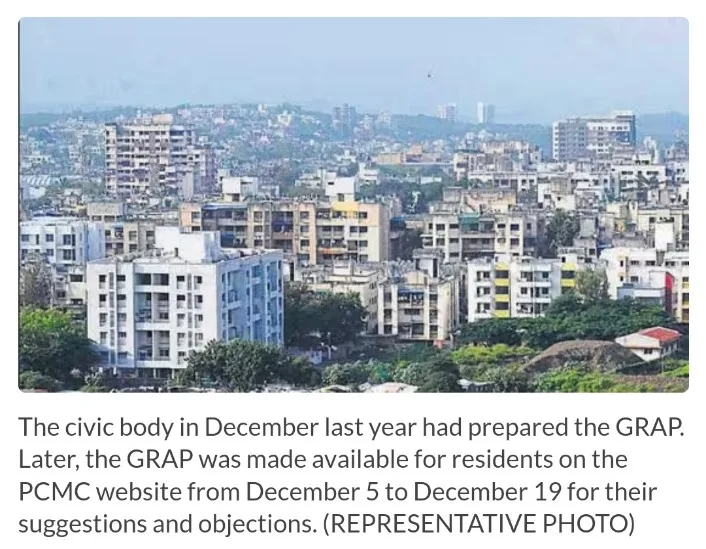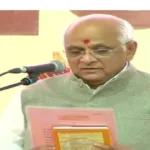In a proactive move to combat the rising menace of air pollution, the Pimpri Chinchwad Municipal Corporation (PCMC) is set to become the first civic body in the state to implement a Graded Response Action Plan (GRAP).
The civic body initiated the formulation of GRAP in December of the preceding year, which was subsequently made available for public feedback on the PCMC website from December 5 to December 19. Sanjay Kulkarni, head of the environment department at PCMC, highlighted that citizen inputs have been considered, and the final GRAP will be presented to the civic body’s general body for approval in the coming weeks.
GRAP is a comprehensive set of anti-air pollution measures, categorizing responses into four phases based on the Air Quality Index (AQI): moderate to poor, very poor, severe, and severe+ or emergency. The PCMC will collaborate with various departments, including the Maharashtra Pollution Control Board, Pune Mahanagar Parivahan Mahamandal Ltd (PMPML), Pune Metro, traffic police, and the regional transport office to ensure coordinated implementation.
The plan includes penalties for violations, ranging from ₹300 to ₹55,000, targeting waste and air quality offenses. The stringent penalties aim to deter individuals from flouting pollution norms.
During different phases of GRAP, measures such as controlling garbage burning, dust control in construction activities, restrictions on obsolete vehicles, and traffic synchronization will be enforced. In severe conditions, actions may include the closure of RMC plants, intensified public transport, and even the closure of schools and work-from-home orders.
The PCMC will continuously monitor AQI levels, granting the authority to either revoke or implement GRAP phases based on three days of continuous monitoring.
With this proactive stance, PCMC sets a noteworthy precedent in the state’s battle against air pollution.




